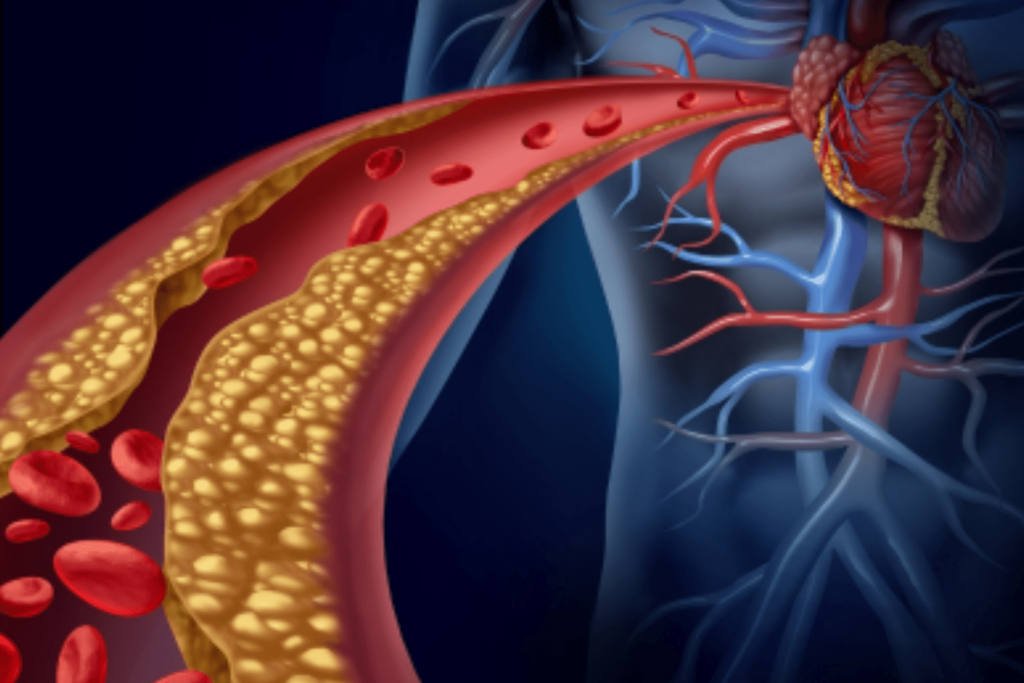Cholesterol Truths: Dispelling Myths and Promoting Heart Health with Dr. Christopher Davis
Cholesterol is often vilified in discussions about heart health, but the truth is more nuanced than many realize. It’s both a good guy and a potential troublemaker. Widely discussed in medical circles and popular health dialogues, cholesterol is a complex and multifaceted substance that demands our attention. While it is essential for the proper functioning of our bodies, an imbalance can lead to serious health issues, particularly cardiovascular diseases.
As a triple board-certified interventional cardiologist and Chief Medical Officer at Liquivida®, I am committed to shedding light on the complexities of cholesterol and its impact on heart health. With a wealth of experience in the field, my mission is to provide you with the knowledge and tools needed to navigate the complex landscape of cholesterol management.
What is Cholesterol?
Cholesterol is a waxy, fat-like substance found in the cells of your body and in certain foods. It’s essential for the body’s normal functioning, as it helps build cell membranes, produce hormones like
estrogen and testosterone, and aid in the digestion of dietary fats. It is produced by the liver and can also be obtained through certain foods.
It is transported in the blood by two types of lipoproteins: low-density lipoprotein (LDL) and high-density lipoprotein (HDL), commonly known as “bad” and “good” cholesterol, respectively.
Low-Density Lipoprotein (LDL):
LDL cholesterol is often referred to as “bad” cholesterol because elevated levels can lead to the buildup of plaque in the arteries, a condition known as atherosclerosis. This plaque can restrict blood flow, increasing the risk of heart disease and stroke.
High-Density Lipoprotein (HDL):
HDL cholesterol is considered “good” cholesterol as it helps remove LDL cholesterol from the bloodstream, preventing the buildup of plaque. Higher levels of HDL are associated with a lower risk of heart disease.
Cholesterol: Truths and Myths
All cholesterol is bad: Contrary to popular belief, not all cholesterol is harmful. HDL cholesterol plays a crucial role in removing excess fats from arteries, promoting heart health.
Extremely low cholesterol levels are beneficial: While reducing LDL levels is beneficial, excessively low cholesterol levels can disrupt essential bodily functions like hormone production. Maintaining a balance is key to optimal health.
Eating cholesterol-rich foods directly causes heart disease: Dietary cholesterol has less impact on blood cholesterol levels than previously thought. Saturated and trans fats have a more significant influence on cholesterol levels.
Statins are the only solution for managing high cholesterol: While statins are commonly prescribed, lifestyle modifications such as dietary changes, exercise, smoking cessation, and weight management can effectively lower cholesterol levels.
Worrying about cholesterol is only for adults: High cholesterol can affect individuals of all ages, making regular monitoring and proactive measures essential for everyone’s heart health.
Cholesterol is the only indicator of heart disease: While cholesterol levels are important, other risk factors such as high blood pressure, diabetes, family history, smoking, obesity, and physical inactivity also contribute to heart disease risk. A wise strategy should include regular medical check-ups, healthy lifestyle choices, and ongoing monitoring of other risk factors.
Maintaining a Healthy Balance
Balancing cholesterol levels is crucial for overall health. Lifestyle factors, including diet and exercise, play a significant role in achieving and maintaining a healthy cholesterol profile. Here are some tips:
Diet:
- Choose heart-healthy fats, such as those found in avocados, nuts, and olive oil.
- Increase consumption of fiber-rich foods like fruits, vegetables, and whole grains.
- Limit intake of saturated and trans fats found in processed and fried foods.
Physical Activity:
- Regular exercise can help raise HDL cholesterol and lower LDL cholesterol.
- Aim for at least 150 minutes of moderate-intensity exercise per week.
Quit Smoking:
Smoking can lower HDL cholesterol and damage blood vessels, increasing the risk of atherosclerosis
Moderate Alcohol Consumption:
- If you choose to drink alcohol, do so in moderation. Moderate alcohol intake may raise HDL cholesterol levels
Taking a holistic approach to heart disease prevention, focusing on education and lifestyle changes, and understanding the common fallacies regarding heart health can help you assess relevant risk factors and take more control of your health.
At Liquivida®, to help you make informed decisions about your heart health and customize the best treatment plan for you, we start with a comprehensive blood work that takes a deep dive into what’s happening inside you. Armed with that information, our medical professionals can educate you on the modifications and proactive measures you can implement that can safeguard your cardiovascular well-being and help you to enjoy a vibrant, heart-healthy life. Book your consultation today and take the first step towards optimizing your heart health.








